Impetigo Prevention
What is Impetigo and why should I worry about it?
Impetigo is a bacterial skin infection caused by the Staphylococcus Aureus and Streptococcus pyogenes [which also causes strep throat] and is highly contagious. Although it mainly affects children, athletes who are likely to damage their skin are also susceptible. The following types of damaged skin can leave someone vulnerable to infection:
- Cuts
- Scrapes and scratches
- Dry Skin
- Cracked Skin
- Mat burn
- Pimples
- Burns
- Abrasions
- Insect Bites
- Open wounds
Healthy skin can also be susceptible to Impetigo, especially when participating in contact sports or on mats. The appearance of pimples can be an indicator of an Impetigo infection especially if they turn into sores or blisters that ooze.
What are the symptoms of an Impetigo skin infection?
The main symptom of Impetigo is reddish sores which appear around the nose and mouth. These sores mature into blisters which quickly rupture and ooze a clear or cloudy fluid for a few days. Once the fluid begins to dry, a honey-colored crust forms. The sores can spread fairly quickly to other areas of the body via touch, clothing, towels, shared equipment. It is important to note itching and soreness is generally mild but can become painful if not treated quickly.
Other symptoms of Impetigo can be flu-like such as:
- Fatigue
- Weakness of muscles
- Headaches and vomiting
Impetigo can affect the skin anywhere on the body. Generally Impetigo appears on the:
- Face
- Nose
- Mouth
- Hands
- Forearms
- Behind the knees
There are three types of Impetigo: Non-bullous Impetigo, Bullous Impetigo, and Ecthyma.
Non-bullous Impetigo
Also called Impetigo Contagiosa, Non-bullous Impetigo is the most common form of Impetigo usually beginning as reddish, itchy sores around the nose and mouth. These lesions fill with pus and then break down leaving red and irritated skin around a thick, honey-colored crust. When the crusts heal, there are reddish spots that fade and don’t leave scars.
Bullous Impetigo
Bullous impetigo forms larger blisters filled with a clear fluid that may becomes darker and cloudy. Usually surrounded by reddish areas the blisters become limp and clear before bursting open. A yellowish, crusty sore forms over the area. Even though the blisters usually leave behind no scar when they heal they typically last longer than the Non-bullous form.
Ecthyma
Ecthyma is a more serious form of impetigo often resulting from untreated Impetigo which penetrates deeper into the skin. Signs and symptoms may include:
- Painful or pus-filled thick, gray-yellow crust sores that turn into deep ulcers usually found on the buttocks, thigh, legs, ankles and feet.
- Skin around the sores turns red.
- Sores heal slowly and may leave scars after the ulcers heal.
How does Impetigo Spread?
Impetigo is highly contagious and can be transmitted through close (not casual) contact, sports involving skin-to-skin contact, warm and/or humid weather, broken skin or other health conditions such as atopic dermatitis (eczema), diabetes or people with a weakened immune system. Sharing personal items or equipment can increase the likelihood of the spread of Impetigo. Individuals should avoid sharing anything that comes into direct contact with infected skin such as their gear, towels, linens, clothing, uniforms, etc. Scratching is another way Impetigo can spread to other parts of the body.
Ways you can be proactive in preventing Impetigo:
It cannot be overstated that good hygiene can help prevent Impetigo. Ensuring you are using a quality soap immediately after training can help wash away the bacteria from exposed skin. If showering after training or working out is not possible, using an after-workout spray designed to mitigate the bacteria is important. Regular body sprays only contain scent to mask body odors. Contact Sports Soap’s Probiotic Sweat Reset contains probiotics and skin conditioners which will allow healthy bacteria to maintain the skin’s natural biome until the athlete can get to a shower. Other ways athletes can be proactive in the prevention of Impetigo include using clean towels, ensure bed linens are routinely changed and keeping clean clothes at the ready.
Impetigo Treatment:
The first and most important step in treatment is consulting your family doctor or dermatologist as soon as you suspect an Impetigo infection. Once Impetigo is diagnosed, your doctor will probably prescribe topical or oral antibiotics. Antibiotics stop the infection from being contagious after 24-48 hours. While there is no over the counter (OTC) treatment for Impetigo there are things you can do to control the infection and prevent the spread.
Individuals who are infected should use soap and water to gently clean the affected skin and allowed to air dry. Impetigo sores should then be covered loosely with bandages. If possible, gently removing crusty scabs can help speed recovery. Infected individuals should also take regular showers. Cutting the athletes nails will help prevent the spread of Impetigo. It will also prevent the athlete from causing damage to the skin from scratching.
Members of the same household should also be regularly washing their hands, taking showers and being aware of any skin issues they may have that might make them susceptible to Impetigo. Contact with an infected individual or their belongings should be kept to a minimum or if possible, avoided. It is also important that infected individuals use separate linens and towels for bathing and hand washing. Any items used by an infected individual should be washed separate from the rest of the household.
While Impetigo is not common in most adolescents, teens and adults, athletes who participate in contact sports need to take extra precautions to keep their skin healthy and clear from infection. Participation in almost any sport to include BJJ, MMA, Grappling, Wrestling, Football, Hockey, Lacrosse, Gymnastics, Soccer and Rugby makes you far more likely to be exposed to Impetigo and thus more susceptible to skin infection. Showering regularly and maintaining your equipment can go along way. Your skin’s biome (bacterial layer) on your skin provides natural protection but it can be disrupted by products containing triclosan, alcohol, tea tree oil or other chemicals. Contact Sports Soap’s natural probiotic replenishes the natural protective barrier that protects your skin by repopulating the skin biome with lactic acid producing microbiotics to block and kill pathogenic bacteria, fungus and yeast and calm the immune system preventing the ability for infections to establish.


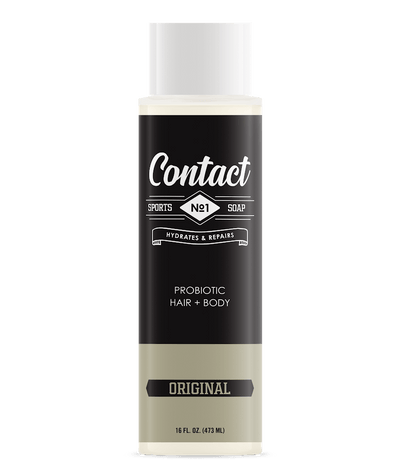
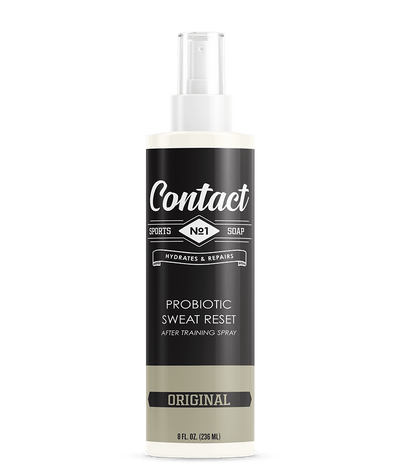
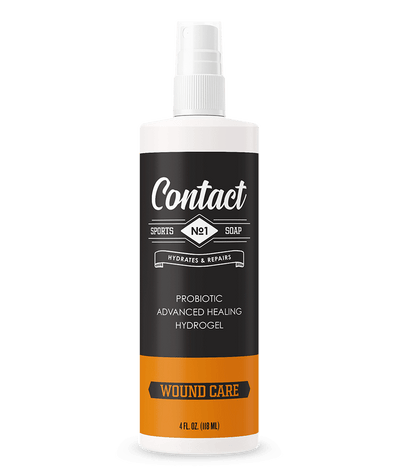
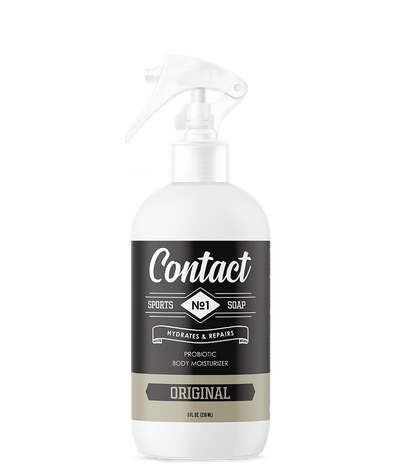
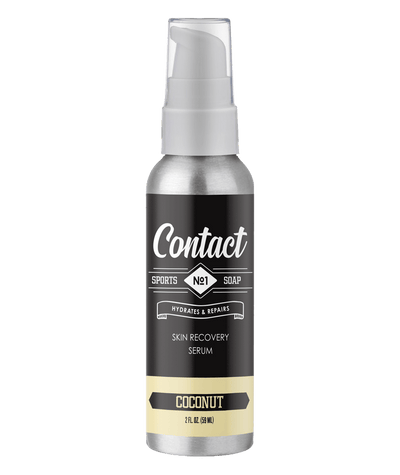

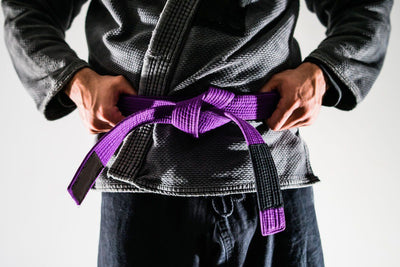
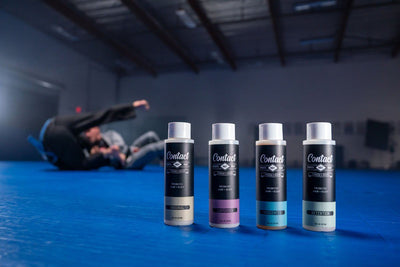
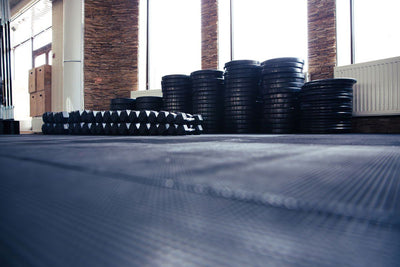
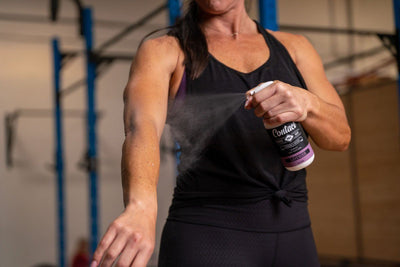
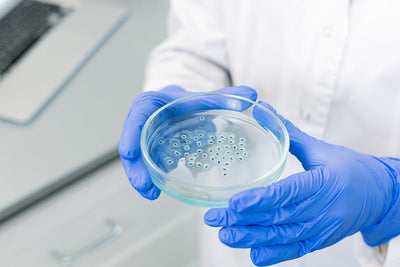
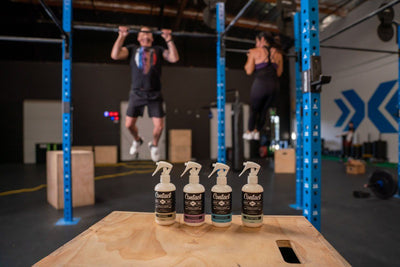
Leave a comment